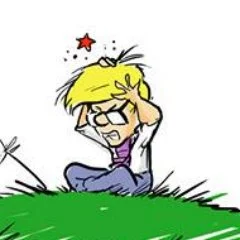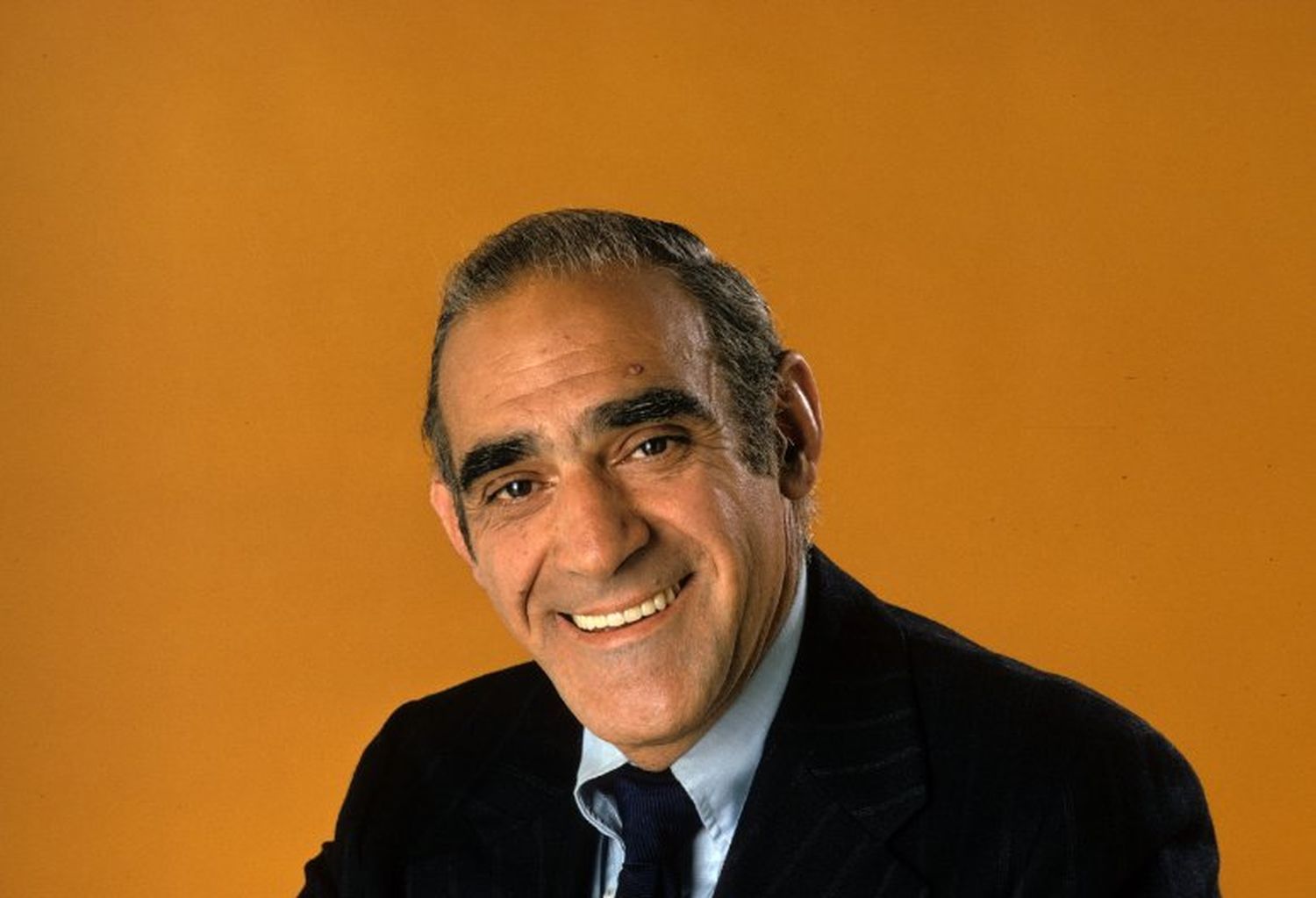The emergence of social media has destroyed all the small communities to standardize communication and information.
It’s a bit of a digital version of rural exodus. And since 2017/2018, I’ve noticed that everything that, in my opinion, represented the internet has disappeared.
I’ve known Lemmy for a few hours and I feel like I’m back in the early spirit of the internet.
I think you’re confusing social media and late stage capitalism. Social media hasn’t done anything to anyone, capitalism has used social media to further its own ends.
Social media is a great idea, honestly. What’s ruined it is the same thing that ruins everything - money men.
Yeah its definitely just you…
https://medium.com/@darianoneil/because-the-internet-how-social-media-ruined-music-ec2022282aa4
https://listverse.com/2021/05/24/top-10-ways-social-media-is-ruining-the-world/
https://www.theatlantic.com/technology/archive/2024/01/long-youtube-videos-tiktok/677130/
https://knowyourbest.com/social-media-ruined-society/
https://greatergood.berkeley.edu/article/item/how_social_media_brings_out_the_worst_in_us
If it’s just the op, then where did all these articles come from!? Social media for ants!?
Does anybody not think that?
Everything’s too like, corporate nowadays on mainstream internet. Like less about being social with others and more trying to sell a product or a brand or something. Those big tech names have optimized everything to extract as much profit as possible from you and your time with ever decreasing benefit to you.
Its not so much social media that ruined it, as capitalism and centralization.
Forums themselves are a form of social media, and they’re (mostly) great. For Reddit and Lemmy, debatably the best part is the social elements, like the comments sections. The problem isn’t the interaction or the “social” nature of it. Its that these platforms have turned into psudo-monopolies intent on controlling people and/or wringing them for every penny.
Thats not to say toxicity and capitalistic exploitation didn’t exist before either. The term “flame war” is older than a lot of adults today. Unlike today though, platforms were both more decentralized meaning they were easier to manage and users could switch platform, and were less alorithmic meaning that users could more easily avoid large, bad-faith actors. You’ll notice the Fediverse have both these qualities, which is part of why its done so well.
IMO, the best fix to this, would be twofold. A) break up the big monopolies and possibly the psudo-monopolies. Monopolies bad, simple enough. B) Much more difficult, but I believe that what content a site promotes, including algorithmically, should be regulated. Thats not to say sorting algorithms should be banned, but I think we need to regulate how they’re used and implemented. For example, regulations could include things like requiring alternative algorithms be offered to users, banning “black box” algorithms, requiring the algorithns be publicly published, and/or banning algorithms that change based on an individual’s engagement. Ideally, this would give the user more agency over their experience and would reduce the odds of ignorant users being pushed into cult-like rabbit-holes.
Algorithm curated content driven by engagement doesn’t deserve to be called social media any more. The Feed, seems apropriate, malnourishing as it is.
Most people aren’t made for the internet.
Most people can’t handle the type of information. Most people fall for rage-bait, hate-inducing, right-wing propaganda.
We need to find a way to make the internet a thing where there’s only people on it who actually want to use the internet in a healthy way.
One way to do this is to say no to commercialized parts of the internet. Say no to all commercial platforms selling ads or selling your data. These are full of rage-bait and only attract the worst in humans.
It’s not social media that did it. It’s monopolistic, unregulated, greedy, giant tech corporations that made the internet shitty.
Exactly, early social media was tons of fun. It was like the early internet but easier since anyone could make a profile with any info.
Then it had to be monetized. They had to glue eyeballs via attention, no matter what kind. Now it’s all rent seeking, innovation is 100% about what can produce an immediate return, no care for the long term. The grift economy…
It was not social media, that was about the people. It’s what the social media companies did in search of dollars that did it in. Greed. Full stop.
Throughout history, every village had one idiot, two max. And maybe one psycho.
Today thanks to the power of the internet these idiots and those psychos can unite and create big communities and represent a strong unified force in the world.
No, not the only one -
The internet is just a microcosm of social media’s destruction of our entire social fabric
What “represented the internet” in your opinion?
“Small communities” still exist all over the internet, in far greater numbers than before. They exist on the giant social media platforms too. Discord, WhatsApp, facebook, reddit, etc all have millions of “small communities” on them.
OP is asking about where to find cute, locally owned retailers & you are telling them they can find the same shit at the mall.
No, I’m telling them that the cute, locally owned retailers are in the mall.
Take discord for example - I’m in a small group with like 120ish other people who play an old game online. I also used to be on the subreddit which was small and not garbage unlike the majority of reddit, until I left along with a lot of the others for discord.
The point is there are tonnes of small sub communities on the big platforms. It helps with visibility and user base.
I guarentee you’re not the only one
Social media brought all the normies into the internet. Normies ruin everything.
Same reflection
The internet has always been a collection of social media platforms: bulletin boards, Usenet, IRC, people hosting little personal sites and making contact with each other via email, etc. It got bad when big money arrived and brought in the general public. First is was platforms like AOL’s chat rooms and forums, and later things like Facebook and Twitter. We are all living in eternal September now.
Exhibit A: this t-shirt from 1994

What was the state of the internet in 1994 that it would cause such resentiment?
94 was when it really took off and the hoi polloi started tuning in.
https://ourworldindata.org/internet
Be easy to make an argument for a few years later, but 1994 has always stuck in my mind as the take off point. By then there were “information superhighway” items all over the news, everybody got AOL disks, Windows 95 was right around the corner to take the pain out of PCs, stuff like that. That’s the year I’d point to and say the internet was no longer a nerd thing.
1994: I was still fiddling with a 286 (WITH a math coproccesor I installed!), way beyond my skills at the time. LOL, my gf and I had to drive across town a beg a local IBM guy to give us a copy of the BIOS on a floopy when ours crash. He acted like Neo giving Choi the disk, “Yeah, I know. This never happened. You don’t exist.”
The nerds got their wish granted in the most monkeys-paw way possible. For 20 years or so, computer nerds were trying to tell everyone about the internet. They saw the potential and what it could be. They were early adopters, and they wished that everyone could appreciate this wonderful thing they had discovered or helped invent.
Well, they got their wish…
“A cultural phenomenon during a period beginning around late 1993 and early 1994, when Internet service providers began offering Usenet access to many new users.”
"The flood of new and generally inexperienced Internet users directed to Usenet by commercial ISPs in 1993 and subsequent years swamped the existing culture of those forums and their ability to self-moderate and enforce existing norms. AOL began their Usenet gateway service in March 1994, leading to a constant stream of new users.
Hence, from the early Usenet community point of view, the influx of new users that began in September 1993 appeared to be endless."
I think that you left out the part that explains why it’s called September. Every year, when first-year university students got their hands on the internet for the first time, they would rampage through the noble message boards with their barbarian netiquetteless ways. Many dreaded the annual influx of newbies, and their worst nightmares were finally realized when the internet was opened up to the greater public.
Eternal September refers to September 1993, when a popular internet service provider (AOL) provided easy access to Usenet for its users, which immediately threatened the existing culture and lowered the quality of discourse.
My reflection on that period would lead me to suggest it was the mass “normie” invasion of nerd-space and the promotion of low-effort participation. I don’t remember anything specific about that particular timeframe, though.
The internet was better when it wasn’t big enough to be worth monetizing. And the signal to noise ratio has generally grown exponentially with participation. Which makes sense if you think about it.
My reflection on that period would lead me to suggest it was the mass “normie” invasion of nerd-space and the promotion of low-effort participation. I don’t remember anything specific about that particular timeframe, though.
So ultimately the sentiment has never changed?












